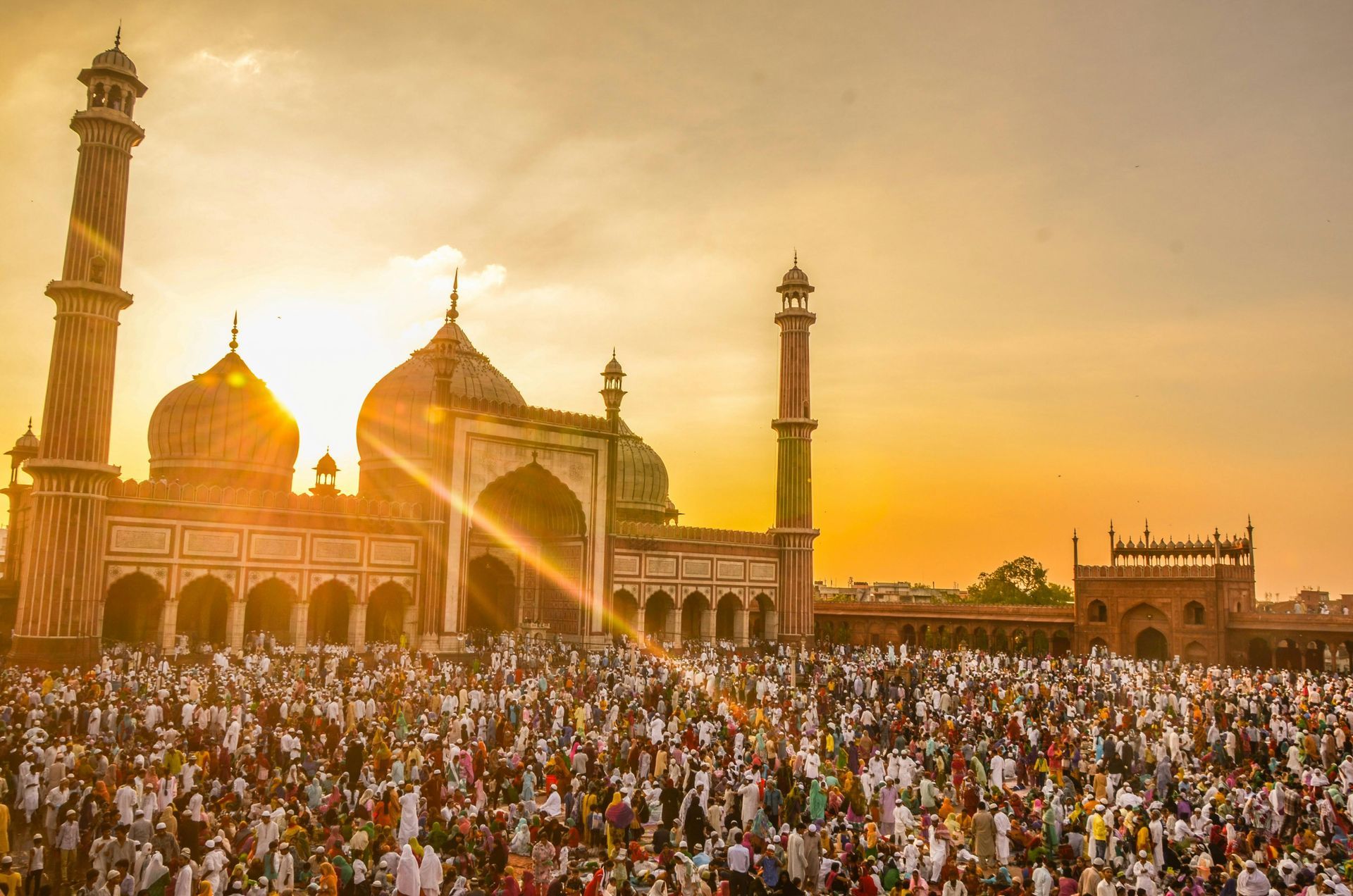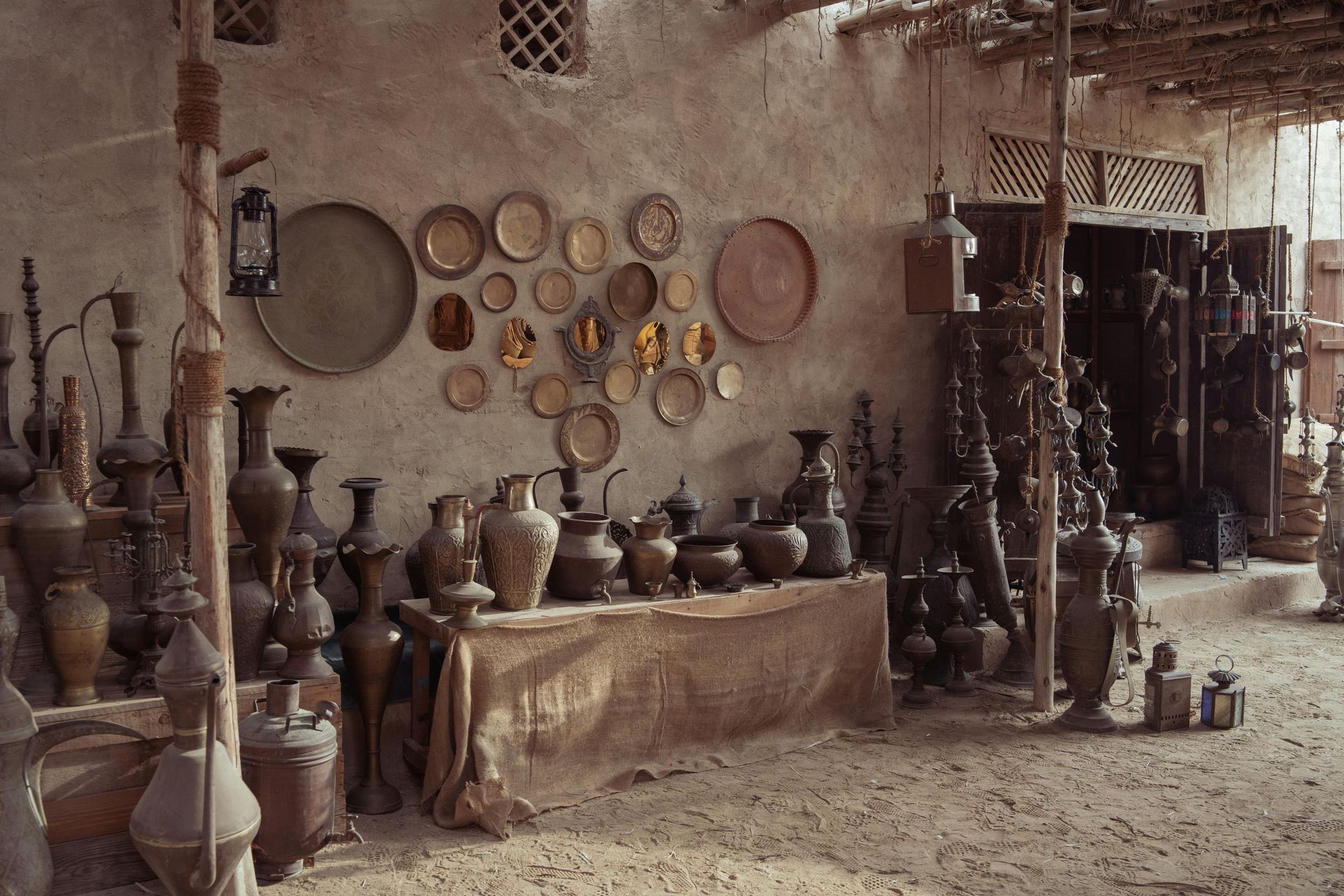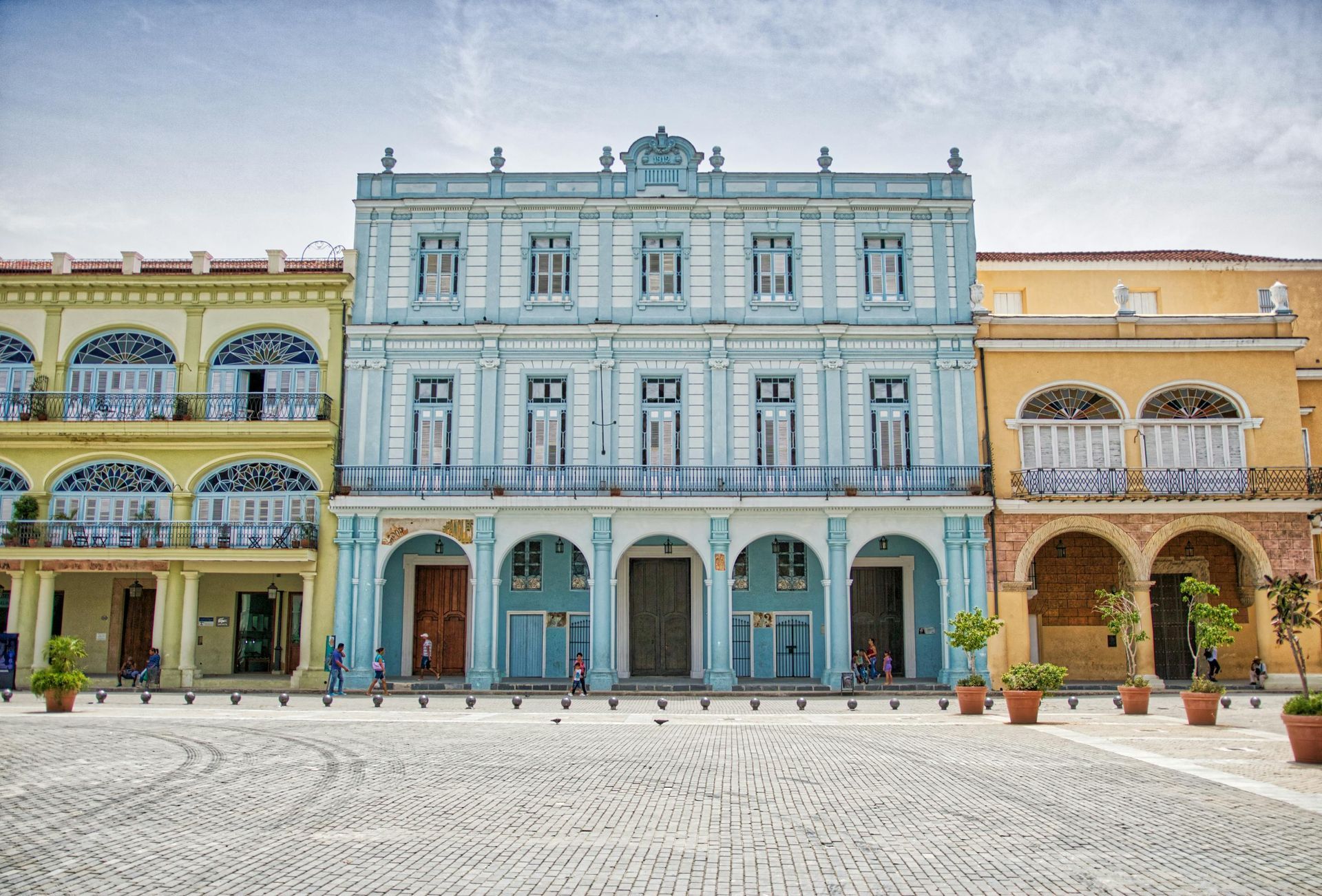Preserving Tradition: How to Ensure Cultural Authenticity in Your Travels
Preserving Tradition: How to Ensure Cultural Authenticity in Your Travels
Learn how to ensure cultural authenticity in your travels with our guide. Discover the importance of preserving traditions, tips for engaging respectfully, and examples of authentic experiences.
Introduction to Cultural Authenticity in Travel
The allure of travel has always been entwined with the desire to immerse oneself in something entirely new—a world of stories, flavours, and traditions unlike your own. However, in an age where mass tourism often erodes the very cultures we seek to experience, cultural authenticity is more vital than ever.
Ensuring cultural authenticity in your travels is not just about finding the “hidden gems” but embracing meaningful, reciprocal connections with the people and traditions you encounter. Let’s delve into why this matters and how you can play your part in preserving the rich tapestry of human heritage.
The Importance of Preserving Traditions
Every cultural tradition is a thread in the intricate weave of our collective identity. Rituals, crafts, and celebrations passed down through generations carry the essence of a community’s history, values, and worldview.
But as the demand for global travel grows, so does the risk of these traditions being diluted or commodified. Preserving traditions ensures not only the survival of cultural heritage but also the dignity and autonomy of the communities who steward them.
As travellers, we have the privilege—and responsibility—to support these traditions by choosing experiences that honour and uphold their authenticity.
How to Research and Choose Authentic Experiences
Authenticity begins before your journey, with thoughtful research. Look for locally-led tours, community-based organisations, or independent guides who share their culture with respect and pride.
- Read reviews carefully: Seek feedback on whether experiences feel staged or genuine.
- Follow local bloggers: These can offer insights into underrepresented, yet rich, aspects of the culture.
- Prioritise community initiatives: Many destinations now offer cultural immersion programmes designed by locals for visitors, ensuring direct benefits to the community.
Engaging Respectfully with Local Cultures
Respectful engagement starts with the mindset that you are a guest, not an observer or collector. Approach every cultural interaction with curiosity, humility, and openness.
- Learn the basics of the local language: Even a simple “hello” or “thank you” can demonstrate genuine respect.
- Dress appropriately: Research cultural norms around attire, especially when visiting religious or sacred sites.
- Ask permission: Whether taking photos or participating in ceremonies, always seek consent to ensure your actions are welcome.
Remember, cultural exchange should be reciprocal. Listen to stories, ask questions, and share aspects of your own culture if invited to do so.
Supporting Local Artisans and Traditions
One of the most impactful ways to preserve cultural authenticity is by directly supporting the artisans and craftspeople who embody it.
- Purchase handmade goods rather than mass-produced souvenirs, ensuring your money contributes to the local economy.
- Attend workshops or demonstrations led by craftspeople, which provide deeper insight into their skills and cultural significance.
- Avoid haggling excessively—it’s important to recognise the value of their labour and expertise.
Tips for Avoiding Cultural Exploitation
While seeking authentic experiences, be mindful to avoid activities or practices that exploit cultural traditions or communities.
- Be wary of tours or performances that feel overly commercialised or inauthentic.
- Avoid participating in or funding experiences that commodify sacred rituals.
- Educate yourself on the history and significance of the culture you’re engaging with to avoid inadvertently reinforcing stereotypes or biases.
Examples of Authentic Cultural Experiences
- Visiting Maori cultural centres in New Zealand, where you can learn about traditional carving and weaving directly from Maori artisans.
- Joining a community farming project in Vietnam, where locals teach visitors about rice cultivation and sustainable practices.
- Exploring the Berber villages of Morocco, where hosts offer insights into traditional lifestyles and culinary techniques.
Authentic cultural experiences like these are not about ticking off landmarks but building connections that leave both travellers and hosts enriched.
Conclusion
Travelling with a commitment to cultural authenticity is an act of respect and solidarity. It’s about recognising that the world is not just a destination but a shared home filled with diverse stories that deserve to be celebrated and preserved.
As you plan your next adventure, remember that every choice you make as a traveller has an impact. Choose wisely, act respectfully, and contribute to the world in a way that ensures its cultural beauty endures for generations to come.











